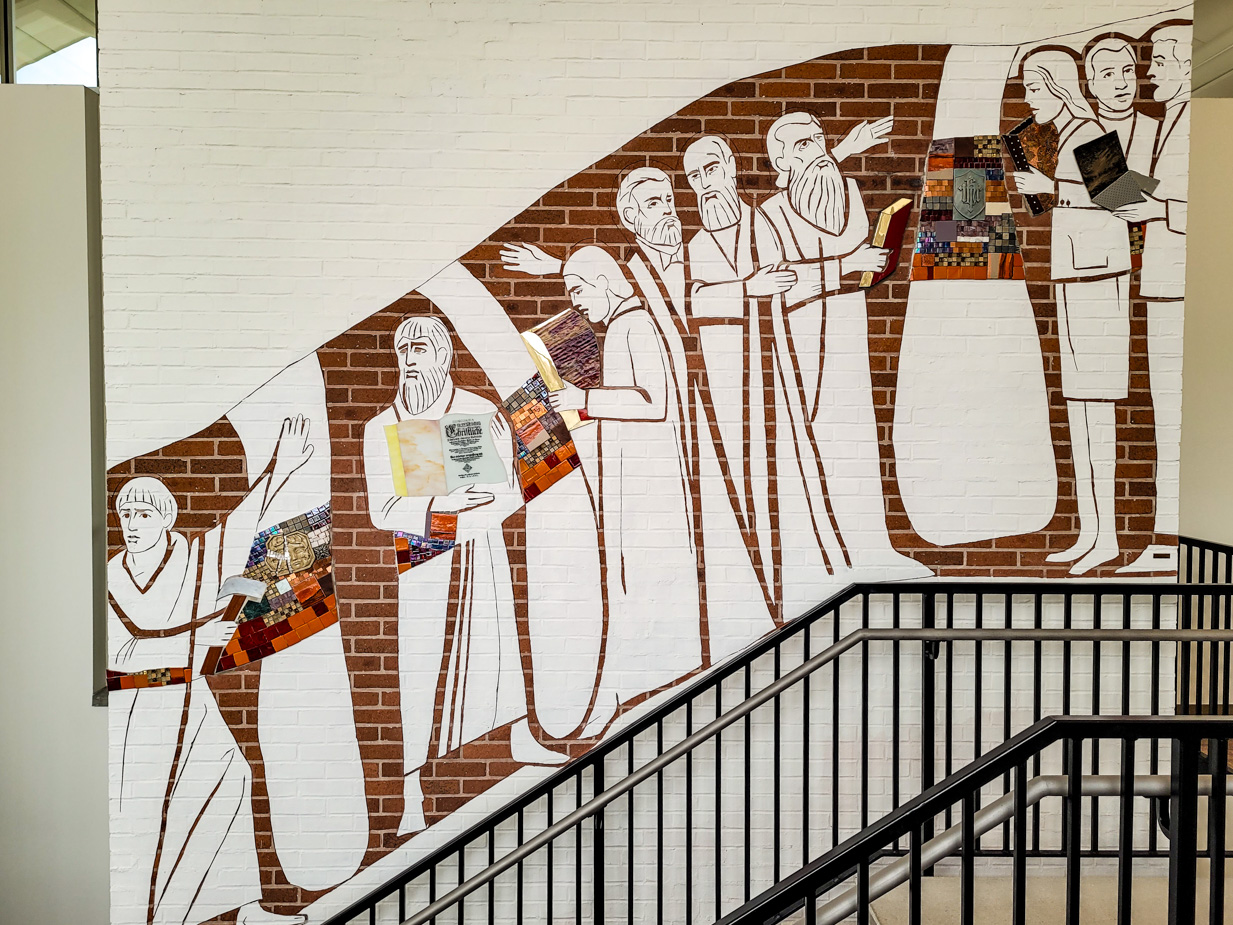

 ©LaBelleLife.com
©LaBelleLife.com
Chapter 3:13-17 (ESV) - As for you, brothers, do not grow weary in doing good. If anyone does not obey what we say in this letter, take note of that person, and have nothing to do with him, that he may be ashamed. Do not regard him as an enemy, but warn him as a brother.
Now may the Lord of peace himself give you peace at all times in every way. The Lord be with you all.
I, Paul, write this greeting with my own hand. This is the sign of genuineness in every letter of mine; it is the way I write. The grace of our Lord Jesus Christ be with you all.
Question to consider: Why would the Thessalonians risk growing weary of doing good?
In yesterday’s passage, Paul dealt with those who were taking advantage of the generosity of the Thessalonians by eating for free at their meals while refusing to work. He emphasized that those who were capable of work should not remain idle if they expected to eat. Paul’s words “do not grow weary in doing good,” were for those who were probably frustrated at having to deal with freeloaders who took from them and spent their idle time inserting themselves into other people’s affairs. Paul did not want them to give up these acts of service all together as a reaction to those who took advantage of them.
I believe we can learn from this today and apply it to our own efforts of service. In whatever capacity we serve, we can become weary when people take advantage of us or take us for granted— especially when there are recipients who contribute nothing except words of criticism. Living in a culture which values consumerism, there is a temptation to treat members of a congregation as customers, those who serve in the body of Christ as employees, and other churches as competition. What starts out as an activity designed to draw a congregation together in fellowship or as an outreach to the community can quickly become a new program or tradition that feels more like a burden than a blessing. In order to keep from being weary of doing good, we should make sure an event or program is still fulfilling its intended purpose and uplifting those who serve in it.
Paul’s call to discontinue fellowship with those who disobeyed their commands applied to those who were spreading false information about the return of Christ, discouraging the congregation which was already being persecuted externally, and taking advantage of their generosity and thus causing people to become weary of their service. The goal was to bring them to awareness and repentance of their actions so that they could be restored to the fellowship of believers.
Paul ended the letter with a benediction of peace written by his own hand. Silvanus (also known as Silas) served as Paul’s amanuensis— a person who wrote down his spoken words. I’m sure Paul knew Greek and had the ability to read and write, for he was able to read the inscriptions on the statues in Athens when he learned about their various gods and spoke in front of the Areopagus in Acts 17. It was traditionally thought that Paul’s eyesight began to wane in his latter years and may have had a difficult time reading and writing because of it. He took the effort to close in his own hand to authenticate the letter so people would recognize a fake.
Dear heavenly Father, thank You for giving us brothers and sisters in Christ who are willing to use the gifts and abilities You have given them to serve one another. May everyone who reads this find a faithful church near them and become an active participant in Your grace. Amen.